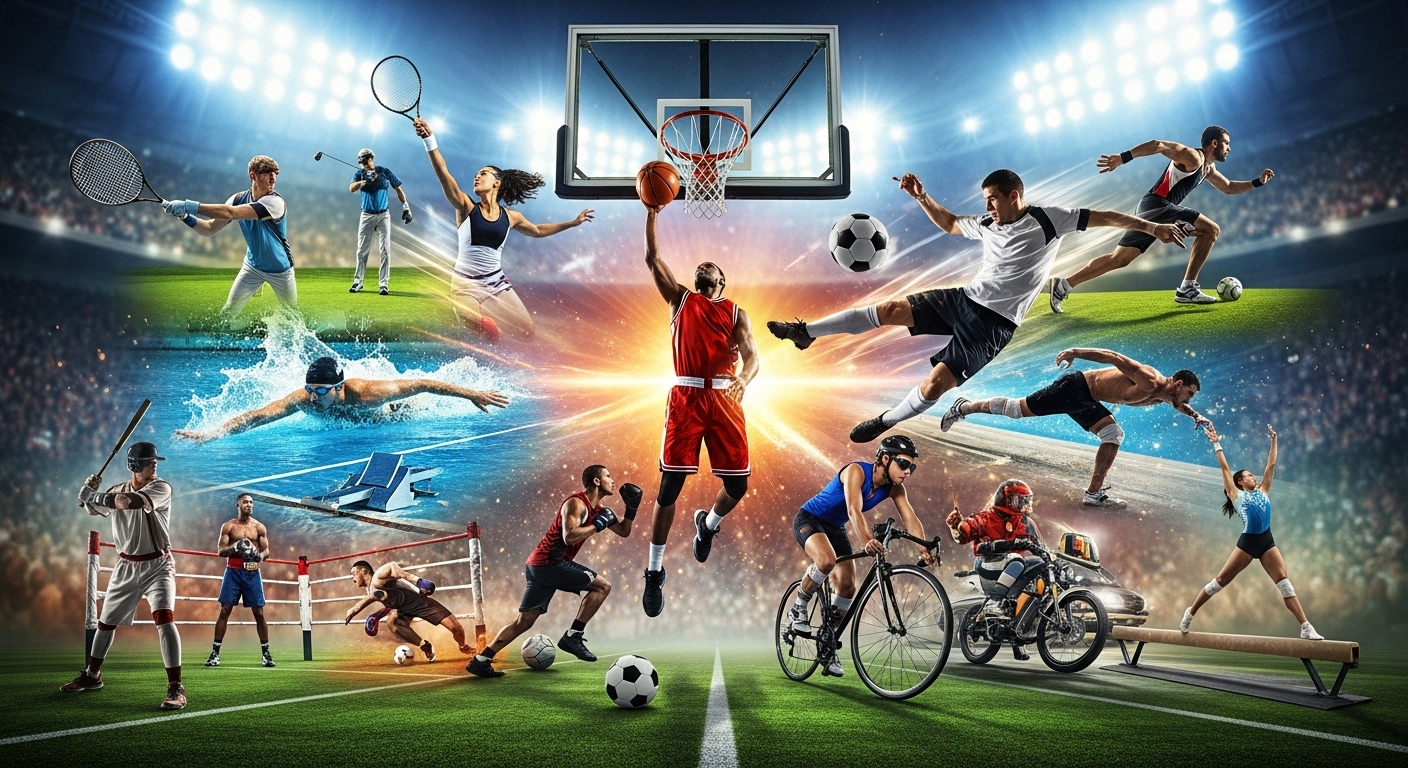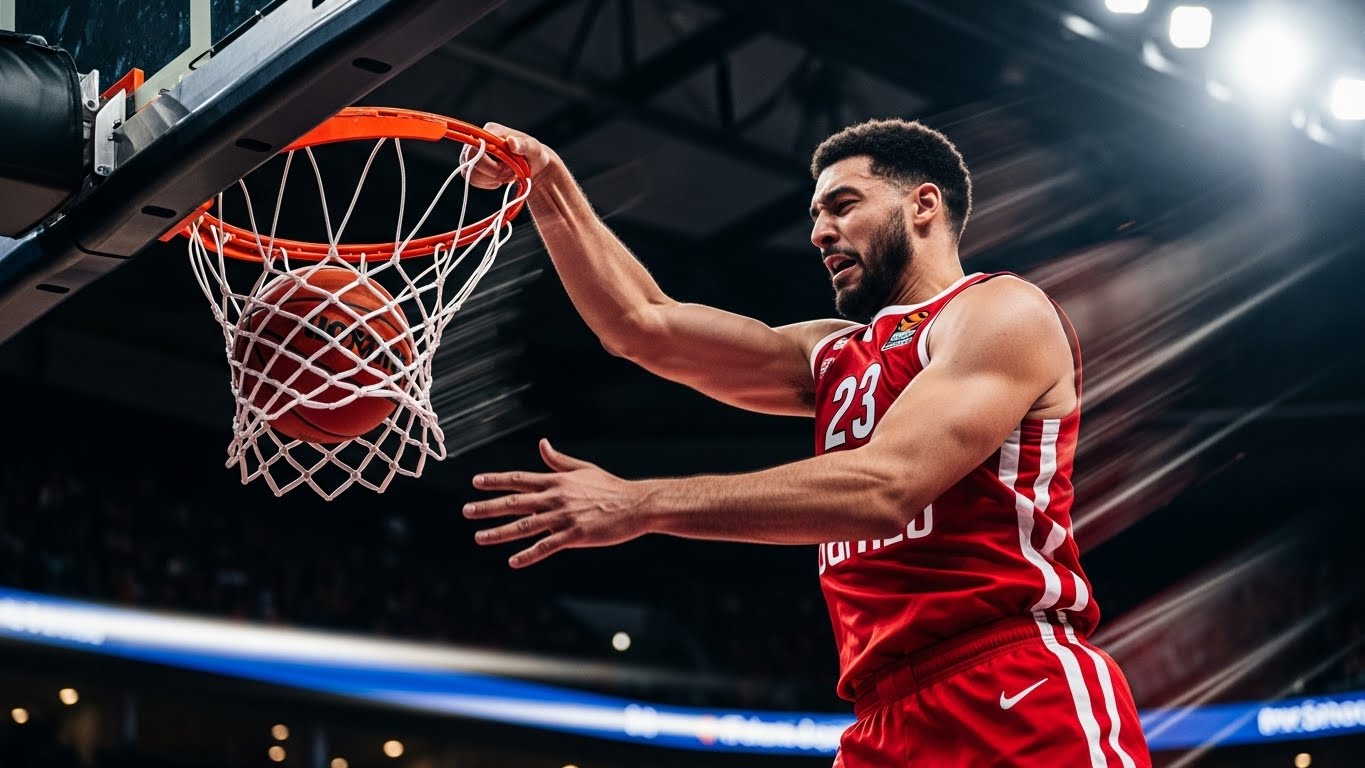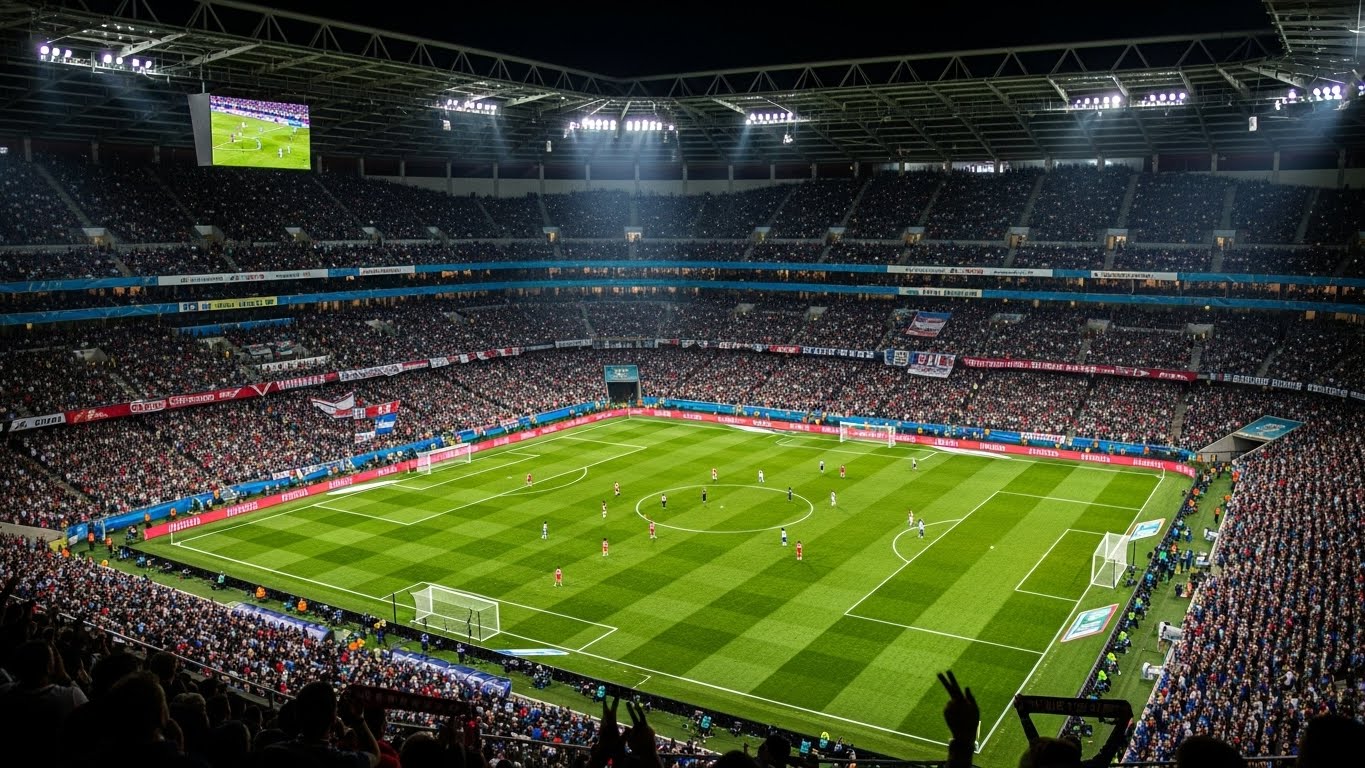Sports are often viewed through the lens of entertainment, competition, and physical prowess. Yet, their impact on our lives stretches far beyond the confines of a stadium or a sports field. Whether it’s the joy of playing or the thrill of watching, sports shape our identities, influence our social structures, and contribute to the health of our societies. In this blog, we’ll explore the far-reaching influence of sports, from personal development to community building and global unity.
Sports and Personal Growth
At its core, sports have an undeniable power to shape character. Whether you’re an elite athlete or someone who enjoys playing for fun, participating in sports brings valuable life lessons. Through sports, we learn discipline, focus, and the importance of hard work. Athletes understand that success doesn’t come overnight. It’s the product of countless hours of practice, sacrifice, and resilience. These qualities can be transferred to almost any aspect of life, whether it’s academics, work, or personal relationships.
In addition to discipline, sports teach players how to handle both success and failure. A win brings joy, but a loss brings invaluable lessons in perseverance. Losing a game teaches athletes how to bounce back, improve, and work harder the next time. The cycle of effort, failure, and success shapes a person’s mindset, making them more resilient in the face of challenges.
The Power of Teamwork
One of the most striking elements of sports is teamwork. Whether it’s football, basketball, or even a collaborative event like a marathon relay, success often depends on the ability to work well with others. Team sports encourage communication, cooperation, and trust. Players learn that their individual success is intertwined with the team’s performance, and this collective goal leads to shared victories and shared losses.
Teamwork in sports extends beyond the field. The lessons learned from cooperating with teammates, overcoming disagreements, and striving towards a common goal are applicable in personal and professional life. It teaches us the importance of understanding others’ strengths and weaknesses and how to leverage them for the collective good.
Building Communities Through Sports
On a larger scale, sports have an immense power to bring communities together. From local neighborhood games to international events like the FIFA World Cup or the Olympics, sports create shared experiences that unite people. They give individuals a sense of belonging, whether they are playing on a local team, cheering for a favorite player, or supporting a national cause.
Community-based sports programs, especially for young people, are instrumental in teaching valuable life skills like cooperation, leadership, and goal-setting. These programs create spaces where individuals from all walks of life—regardless of their socio-economic background—can interact, form bonds, and work toward a common purpose. In this sense, sports provide more than just entertainment; they build social capital that strengthens the fabric of society.
The Role of Sports in Promoting Mental Health
In recent years, there has been a growing recognition of the importance of mental health in sports. Physical exercise, especially in the form of regular sports activity, has been shown to reduce stress, anxiety, and depression. The act of participating in a sport releases endorphins, which are often referred to as the “feel-good” hormones.
Sports also provide a constructive outlet for emotions. Whether it’s the stress of a competitive match or the camaraderie of a team, sports help players channel their feelings in a healthy and focused manner. Furthermore, the routine of practicing or competing regularly contributes to better mental stability, helping individuals manage everyday pressures with greater resilience.
Sports as a Catalyst for Social Change
Throughout history, sports have been used as a platform for activism. From Muhammad Ali’s stand against the Vietnam War to the peaceful protests by athletes in modern times, sports have proven to be a powerful vehicle for social change. Athletes often use their platform to raise awareness about issues such as racial inequality, gender discrimination, and economic injustice.
Sporting events can also break down barriers. International events like the Olympics allow people from different countries, cultures, and ideologies to come together and celebrate their shared love for a particular sport. The peaceful nature of these global competitions offers a symbol of unity that transcends politics and national borders, showing that competition can coexist with respect and understanding.
The Global Reach of Sports
In our increasingly interconnected world, sports have become a universal language. Whether it’s a game of soccer on a dusty field in Africa or a basketball game in an urban neighborhood in the United States, sports are recognized everywhere as a way to communicate and connect. Major international tournaments like the World Cup and the Olympic Games draw millions of viewers from every corner of the globe. The shared excitement of these events fosters a sense of global unity that is hard to replicate through any other medium.
Beyond the major tournaments, sports also serve as an everyday common ground. They help break cultural and linguistic barriers, allowing people of different backgrounds to bond over a shared interest. Whether it’s playing with friends or watching a game in a foreign city, sports have the unique ability to turn strangers into friends, bringing together people from every continent.
Conclusion: Sports as a Mirror of Society
Sports are much more than a source of entertainment; they are a reflection of our society and a tool for shaping it. They foster personal growth, encourage teamwork, promote mental well-being, and serve as a vehicle for social change. From a global stage to local fields, sports have the power to unite, inspire, and transform. In a world that sometimes feels divided, sports remind us of our common humanity, and that, perhaps, is their greatest strength.
As we continue to embrace the role of sports in our lives, we should recognize the incredible potential they hold—not just in competition, but in shaping a better, more connected world.



